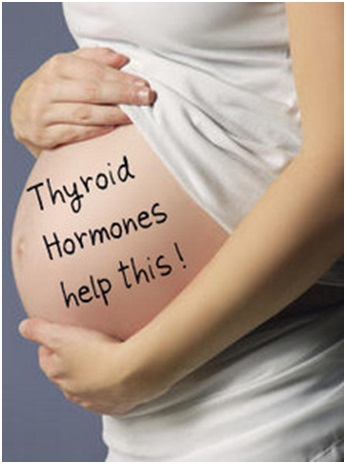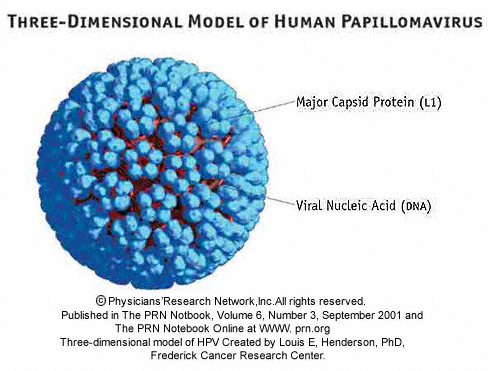Hypothyroidism in Pregnancy
There are two types of thyroid disease, too much (hyperthyroidism) or too little (hypothyroidism). Both are clinically important, this blog post is about hypothyroidism. Hypothyroidism in pregnancy is difficult to diagnose clinically. The symptoms of hypothyroidism are the same symptoms of pregnancy: lethargy, fatigue, difficulty sleeping, constipation, anxiety, cold intolerance, loss of hair, weight gain…every […]
Ebola and Pregnancy
(image from www.NaturalNews.com) What is it? Ebola is a virus that was named after the Ebola river in the Republic of Congo. The Ebola virus is spread from human to human through contact with bodily fluids, and from animal to human contact from consumption of raw meat. An infected person with Ebola may open a […]
Constipation and Pregnancy
What is it? Constipation is abdominal pain associated with difficult and infrequent bowel movements accompanied with passage of hard stools. Unfortunately, about half of you reading this post will experience this during your pregnancy. Causes: Hormonal Changes: the hormones of pregnancy slow down intestinal motility and gastric emptying. This helps your body absorb more of […]
Nausea and Vomiting in Pregnancy
What is it? Up to 75% of pregnant women suffer from nausea and/or vomiting in pregnancy. It is very, very common, and sometimes eferred to as “morning sickness”. This unfortunate side effect of pregnancy probably occurs secondary to a being very sensitive to the hormones of pregnancy. You can have varying severity of disease from […]
Abnormal Pap Smear in Pregnancy
What is an Abnormal Pap Smear? A Pap smear is a screening test that allows a doctor to look at the cells at the cervix (which is the lower part of the womb) and see if there are precancerous or cancerous cells. This test is usually performed using a speculum. Abnormal Pap smears are now […]
Chronic Hypertension in Pregnancy
What is it? Chronic hypertension affects up to 5% of all pregnancies. If you have a blood pressure of 140/90 or greater AND you are before 20 weeks gestational age, then you may have chronic (pre-existing) hypertension. Because most women of childbearing age are young, they often do not go to their doctor for checkups […]






